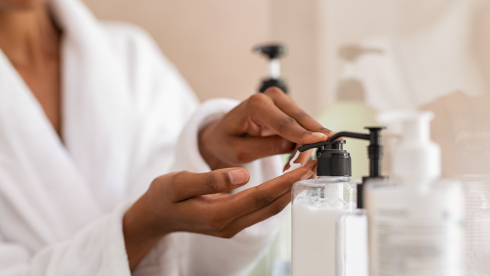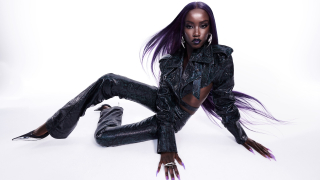A wide nose. That’s where it all began.
In a dispatch recording posted by KARE 11 in Minnesota, audio clips showed 32-year-old Philando Castile was not pulled over for a busted tail light, as previously stated, but instead because he supposedly matched the description of an armed robbery suspect. That description, according to the officer, was a “wide set nose.”
According to his girlfriend Diamond Reynolds, when approached by the officer, Castile offered information he was not required to give. He told the officer he had a gun that he was legally licensed to carry. Within minutes, however, Castile was fighting for his life, and Reynolds captured it all in a heartbreaking video.
Minnesota concealed carry law states a person does not have to disclose they are legally carrying a weapon, or have one in the car, unless they are asked by the officer. The fact that Castile offered this information before being prompted lends to the belief that he was an upstanding citizen who wanted only to follow the law.
This is also true of Mark Hughes, who was wrongfully identified as a suspect in last week’s massacre in Dallas where five police officers were shot and killed. Hughes was seen walking with a rifle slung over his shoulder during the peaceful protest that later turned deadly. Under Texas law Hughes had the right to carry his weapon, but because he was Black and carrying, those laws did not cover him adequately.
Discussions about gun control and the Second Amendment have loomed over us since the Bill of Rights was ratified in 1791. In 1865, after the emancipation, several southern states adopted “Black Codes” that restricted the activities of freed Black slaves. A portion of these codes forbade Black people from possessing firearms. Shortly after, in 1871, the National Rifle Association (NRA) was formed. This timeline of events points to America’s history of gun laws that originates from racist acts.
Over the years, the NRA has relentlessly worked towards upholding gun laws that protect firearm owners across America. Each time a mass shooting takes place, or a perceived moment of government overreach happens, it feeds into the group’s idea of why citizens ought to be armed. Yet, the resounding silence from the NRA about the Philando Castile case has led many to question why the organization remained tight-lipped. Even some members of the large gun rights organization were critical the lack of support given in the Castile case.
On July 8, two days after Philando Castile was killed, a statement on the NRA’s Facebook page stated:
“As the nation’s largest and oldest civil rights organization, the NRA proudly supports the right of law-abiding Americans to carry firearms for defense of themselves and others regardless of race, religion or sexual orientation. The reports from Minnesota are troubling and must be thoroughly investigated. In the meantime, it is important for the NRA not to comment while the investigation is ongoing. Rest assured, the NRA will have more to say once all the facts are known.”
While the statement was meant to unify the group, it caused more discord because it failed to mention Castile.
One commenter called the response inadequate. “Funny how fast you mention the cops killed in Dallas yet it took you this long just to acknowledge the man who was executed in front of his family in Minnesota. No wonder liberals accuse the NRA of being racist.”
Another wondered if the NRA would issue a statement on Hughes. “Will the NRA demand an apology from the Dallas Police Department and news outlets on behalf of Mark Hughes who was incorrectly identified as a suspect in last night’s attack because he was legally open carrying a rifle? Will they support a Black American who was exercising two of his civil rights granted in the 1st and 2nd amendments?”
According to Andrew Rothman, President of the Minnesota Gun Owners Rights Alliance, “The NRA is a huge lumbering beast and is often slow-moving.” Despite its questionable history on race—in the 1920s the organization helped draft and promote restrictive gun laws that said only persons who are “suitable” with a “proper reason” were eligible for a gun license (read: white)– Rothman says the organization is “working to dispel the notion that they are all about Bubba, meaning white-only.”
Philip Smith, President of the National African Americans Gun Association (NAAGA), feels we should be less than concerned about the silence of the NRA. “I want action from our community. What are we saying? What are we doing? [We need to] read the teas leaves because we know what’s going on.”
Smith’s agenda with the NAAGA is to represent the Black American community in the gun debate. He believes the solution to these police shootings is to overhaul the police force, not alter gun laws.
“A new alignment of police officers on the street is need. [Many of these officers] have very little training and unbridled authority. They have very little life experience, so protect and serve becomes degrade and hunt.”
While there was much hope that the NRA would come to the defense of Philando Castile because he was a legal gun owner who followed the law and was still killed by police, it’s no surprise they did not. Given the group’s troubled history, and the way race has informed gun laws in our nation, it’s no surprise that Second Amendment, like other American rights, aren’t always bestowed upon Black folks.













